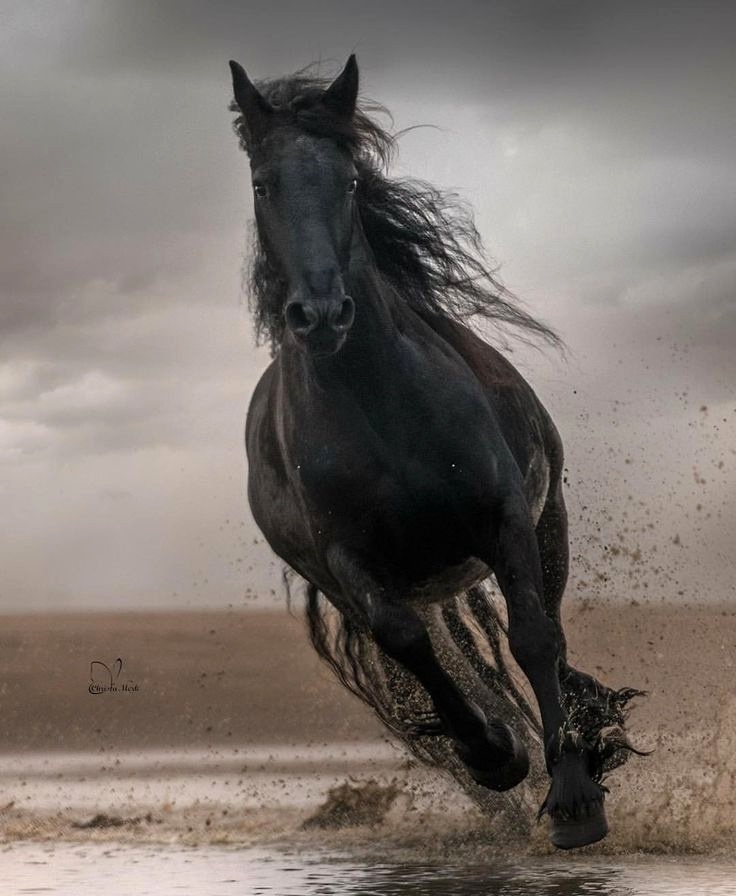Retiring a beloved horse is a difficult decision. Horses are incredible animals that have provided us with years of joy, companionship, and love. As our four-legged friend gets older, it’s important to consider their welfare and make sure they are living the best life possible. Knowing when it’s time to retire a horse is a difficult, but necessary decision.
Understanding the Signs of Age
One of the most difficult aspects of deciding when to retire a horse is understanding the signs of age. Horses age much faster than humans, and the aging process can be difficult to recognize. Understanding the signs of age can help you decide when to retire your horse.
Physical Signs
The most visible signs of aging in horses are physical. As horses age, they tend to lose muscle tone and develop a pot-bellied appearance. They may also appear stiffer when moving and have difficulty bending or turning. Additionally, their coats may become dull and their manes and tails may become thin. These physical changes are an indication that a horse is aging and may be a sign that it’s time to retire them.
Behavioral Changes
Another indication of age is a change in behavior. Older horses may become less interested in activities they once enjoyed or be more easily startled. They may also become more difficult to handle and have difficulty with training. These behavioral changes can be an indication that a horse may be reaching the end of their life.
Health Issues
As horses age, they can also become more prone to health issues. Osteoarthritis, for example, is a common condition in older horses and can cause pain and inflammation. Other age-related health issues include dental problems, weight loss, and laminitis.
If you notice your horse is exhibiting any of these signs or conditions, it may be time to retire them to ensure they are living a comfortable life.
The Benefits of Retirement
Retiring a horse doesn’t necessarily mean the end of its life. In fact, retirement can be beneficial for older horses. Retired horses are typically given more rest and are allowed to move around more freely. This can help reduce stress and encourage them to remain healthy and active.
Retirement can also provide a horse with the opportunity to socialize with other horses. This can help keep them mentally and physically stimulated, as well as reduce their stress levels.
Retirement Homes
When deciding to retire a horse, it’s important to consider where they will live. Retired horses should be placed in a retirement home where they will be well cared for and receive the best possible care.
Retirement homes are typically run by experienced equine professionals who can provide the care and attention a horse needs. These homes are also equipped with the necessary amenities to keep a horse comfortable and happy.
Financial Considerations
Retiring a horse can be an expensive decision. It’s important to consider the financial implications of retirement before making a decision. Retirement homes typically charge a fee for their services, and the costs of maintaining a horse in retirement can quickly add up.
It’s important to make sure you are able to afford the costs of retirement before making a decision. Additionally, it’s important to find out what other costs may be associated with retirement, such as veterinary care, feed, bedding, and other supplies.
Alternative Care Options
Retirement isn’t the only option for older horses. There are other alternatives that can be considered.
For example, some horses may be able to stay with their current owner in a less active role. This may include light riding, turnout, and leisurely walks. This can be a great way for a horse to stay active and socialize with other horses, while still receiving the care and attention it needs.
Additionally, some horses may be able to remain in their current home and receive extra care from a professional. This may include regular visits from a veterinarian, farrier, or other professional to ensure the horse remains healthy and happy.
The Final Decision
Ultimately, the decision to retire a horse should be made with the horse’s welfare in mind. It’s important to consider all the factors, such as age, health, and behavior, before making a decision. Additionally, it’s important to make sure you are financially able to provide the care and attention a horse needs in retirement.
Retiring a horse is a difficult decision, but it can be the best decision for the horse’s welfare. When you do decide to retire a horse, it’s important to make sure they are placed in the best home possible, where they will be well cared for and receive the best possible care.

